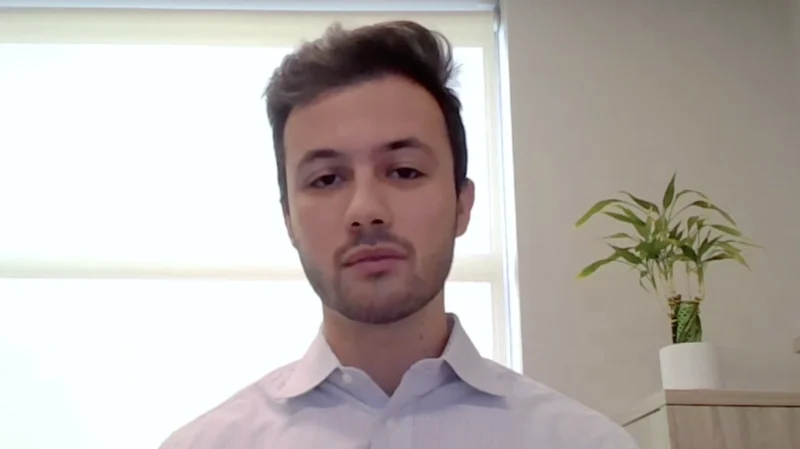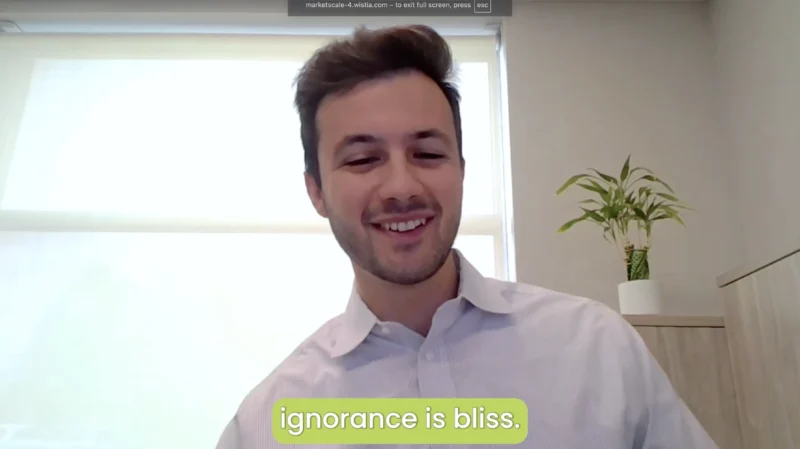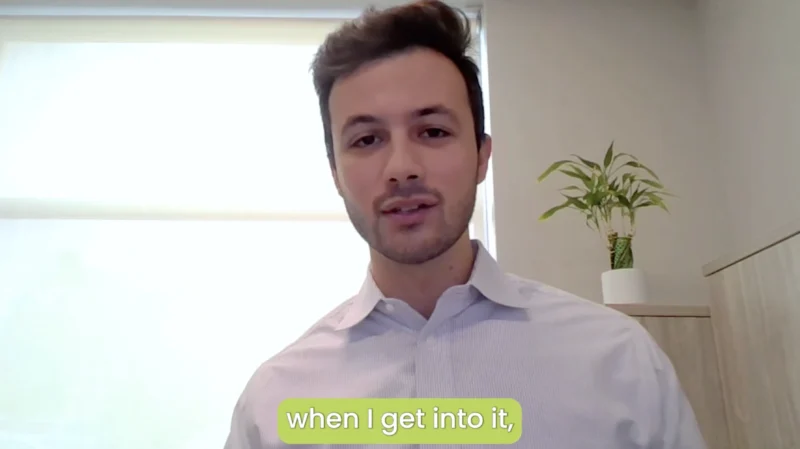AI and Advocacy Unite: Tackling Women’s Health Disparities with Hologic Mia Keeys
Women’s health remains a critical issue globally, with alarming disparities in access and outcomes. A new survey from Hologic and Gallup reveals that while nearly 90% of women recognize the importance of health screenings, less than half undergo them consistently due to barriers like cost, time, and anxiety. The stakes are particularly high in underserved communities, where delayed diagnoses can lead to advanced cases of conditions like cervical and breast cancer.
What can be done to ensure equitable access to healthcare for all women, especially in marginalized and rural areas? Can artificial intelligence revolutionize screening and diagnostics to save lives?
On I Don’t Care, host Dr Kevin Stevenson has a chat with Mia Keeys, Director of Global Health and Innovation at Hologic. Together, they delve into the intersection of equity, technology, and advocacy in women’s health.
Key Takeaways:
- Barriers to Women’s Health Access: Structural challenges like transportation, affordability, and cultural trust hinder consistent screenings, despite widespread recognition of their importance.
- AI’s Role in Healthcare: AI technologies, such as Hologic’s digital cytology for cervical health, enhance efficiency in diagnostics and provider workflows, addressing burnout and improving care.
- Advocacy for Policy Change: Maintaining healthcare access through programs like the Affordable Care Act and expanding support for underserved areas are pivotal in improving outcomes.
Dr. Mia Keeys is a global health expert and director at Hologic, focusing on women’s health innovation and equity. A former chief of staff for Congresswoman Robin Kelly, she has spearheaded health equity initiatives in Congress, at the American Medical Association, and abroad. Her academic pursuits include health policy and artificial intelligence, with field experience in countries like Indonesia and South Africa.




